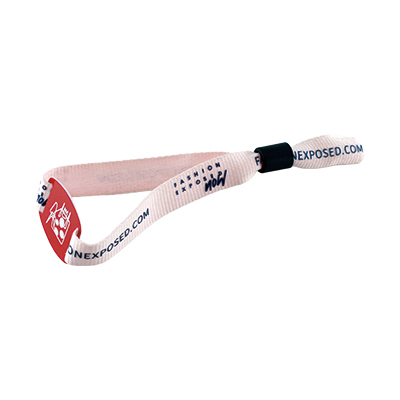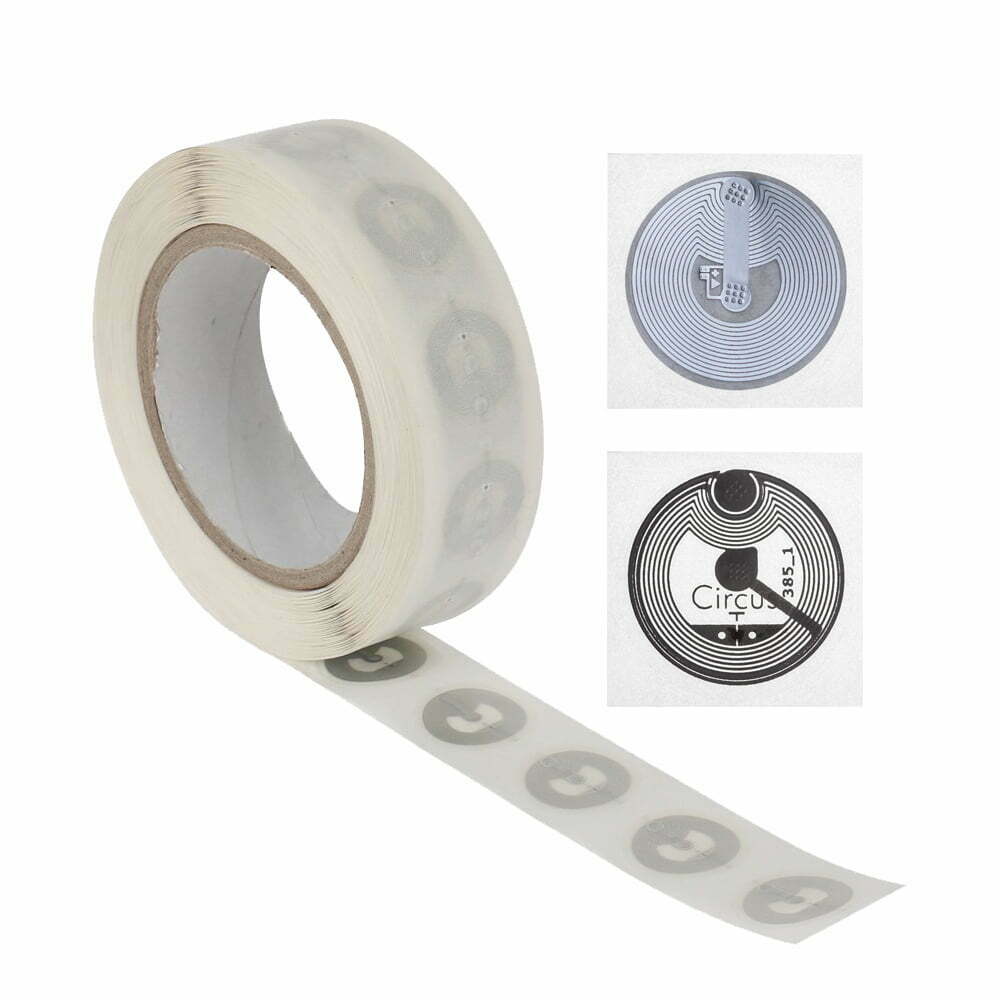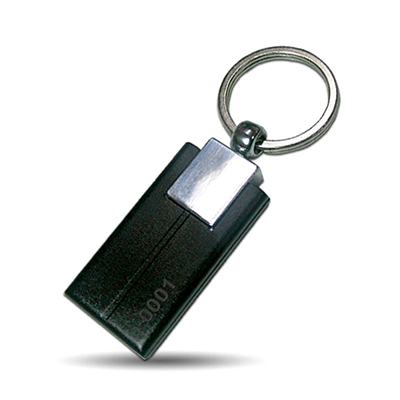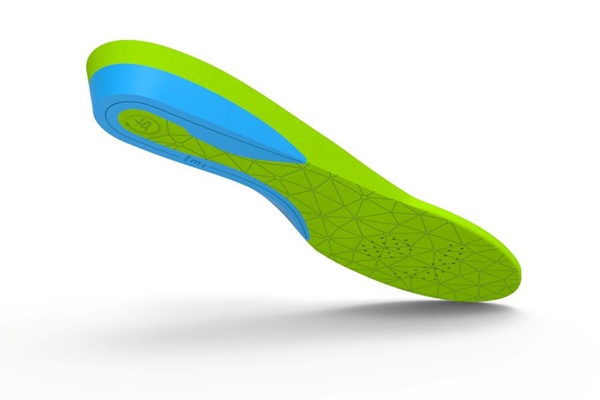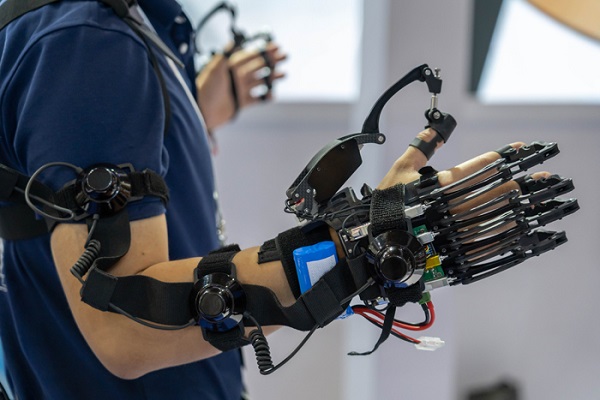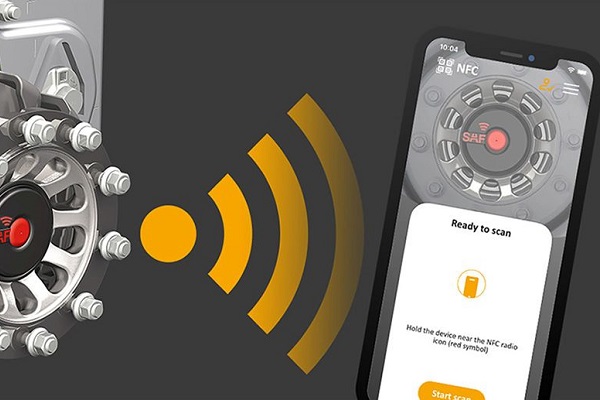Industry Need
The Basel Convention, which has been ratified by more than 190 countries, strictly regulates the transboundary movement of electronic waste (e-waste) containing hazardous substances such as lead, mercury and cadmium. Key requirements include:
- Prior Informed Consent (PIC): Exporters must declare the toxic substance content (Par exemple, >0.1% lead by weight) to the receiving country.
- Proof of Recycling: Provide environmentally friendly disposal documentation in accordance with Annex IV guidelines.
- Penalties: Fines for illegal shipments can be up to €500,000 (UNEP, 2023).
Manual tracking cannot meet these requirements: a 2024 Bureau of International Recycling (BIR) report found that 42% of e-waste exporters face compliance issues due to missing or falsified records.
Technology Application
NFC-enabled Passeport produit numérique (DPP) addresses compliance gaps by embedding critical data directly into electronic components:
1.Hazardous Materials Records
Chaque Étiquette NFC stores:
- Toxic Material Levels: Precise percentages of lead, mercury, and hexavalent chromium (RoHS compliant).
- Removal Guide: Step-by-step instructions for safe disposal (IEC 62474 standard).
- Recycling Certificate: Link to blockchain-verified disposal record (par exemple. VeChainThor).
2.Durability in Harsh Conditions
- Résistance chimique: Tags withstand attack by acids, solvents, and heavy metals (IP69K rated).
- High Temperature Resistance: Operates from -40°C to +125°C (HY-PPS Ф30 tags).
3.Real-Time Compliance Checks
- Customs Integration: Authorities scan Balises NFC to instantly verify PIC declarations through platforms such as SAP Global Trade Services.
- Automatic Alerts: Flag non-compliant goods (par exemple. undeclared mercury) before export.
Cas: Recycler reduces compliance risk by 30% using NFC DPP
Manual auditing at a European e-waste processor resulted in 15% of shipments being rejected, resulting in fines of €800,000 per year.
Solutions:
- More than 200,000 devices tagged: Embedded NXP NTAG 424 DNA tags on PCBs and lithium-ion batteries.
- Blockchain anchored: Disposal records stored on IBM Food Trust for immutable auditing.
- AI-driven analytics: Siemens Insights Hub uses historical data to predict high-risk shipments.
Résultats:
- 30% reduction in compliance violations (rejections went from 15% à 10.5%).
- PIC-approved shipments clear customs 20% faster.
- Saved €240,000 per year in fines and reprocessing costs.
(Source: BIR Global E-waste Compliance Report, 2024)
(Provide your email for instant access – 120+ businesses use it to streamline e-waste exports.)




